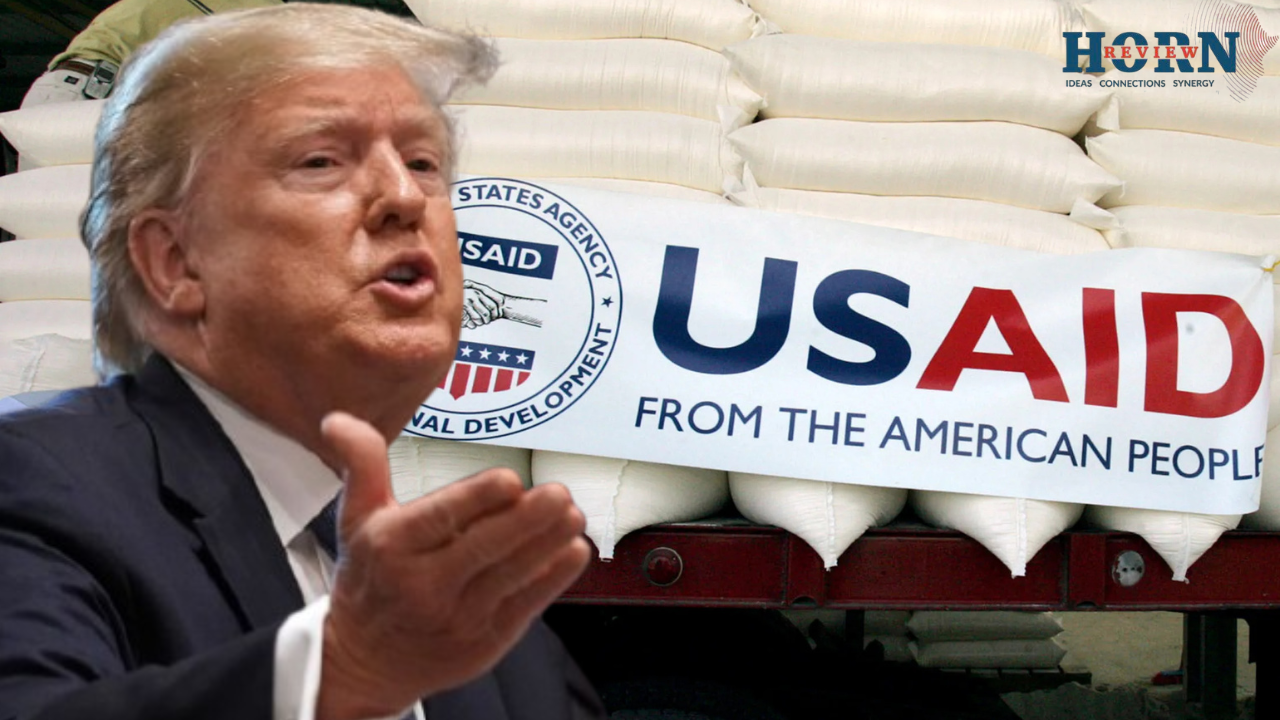
11
Feb
Seizing New Opportunities: How Developing Countries Can Thrive After Trump’s Aid Reduction
Donald Trump’s administration’s aid reductions for the developing countries is being seen as a controversial move, however, his order of either ceasing or reducing the foreign aid will presumably bring some potential opportunities for the developing countries that could result from the changes.
Foreign aid programs are widely recognized for supporting people globally in many ways, such as offering food, healthcare, education, economic development, and disaster relief. These programs play a crucial role in U.S. foreign policy and have been significant in reducing global poverty. Assistance from the United States, as well as other governments and international organizations, has positively impacted the lives of billions of people.
The United States typically spends around one percent of the federal budget on foreign aid, which includes both humanitarian assistance and development programs. Continued investment in U.S. foreign aid is essential to protect the world’s most vulnerable people, foster long-term development, and strengthen U.S. leadership on the global stage.
One of the way CSO principle of providing aids for countries, for instance, Oxfam is working to transform foreign aid is helping countries fund their own development ;in here the ultimate aim is to end the need for foreign aid, so that poor countries are able to develop according to their own priorities and local organizations have full authority. The most important piece of this puzzle is creating progressive tax systems, which enable more accountable public investments in health, education, and social safety net programs that are essential to fighting inequality and end poverty.
Likewise, the Trump’s new administration towards the significance of multilateral organizations and CSO’s which massively supply aids for countries seeks financial or properties support would bring positive opportunities albeit diminishing foreign aid s for countries is one of his 90 days of operational plan to accomplish.
The emphasis on self-reliance and sustainability which lowers reliance on foreign aid might create resilience and countries will strive to be independent and capable of meeting their own needs and wants without excessive reliance on the external aids. Hence, developing countries are able to be encouraged to adopt more sustainable development practices and focus on fostering local economic growth, which could lead to long-term stability and independence. For instance, Ethiopia’s home-grown economic reform which enables the country’s strategy to develop and strengthen its economy through local resources, innovation and homegrown solution might foster sustainable growth and self-reliance which later improves the living standards of Ethiopians.
Likewise, a shift to mutual trade agreement might also be the other opportunity which exhibits positive perspective. With aid reduction or stoppage of aid to countries will have the opportunity to focus on increasing trade relationships rather than relying on aid. For instance, Programs like AGOA (African Growth and Opportunity Act) and other trade agreements will grant developing countries to access larger markets, create jobs, and prompt economic growth through trade rather than aid. Similarly leaving being dependent on foreign aids will create the opportunity in boosting in overseas investment. This implies that as the U.S’s new regime prioritized trade deals and investment over aid, developing countries will have a favorable circumstances to attract private foreign investment.
This shift inspired a more entrepreneurial environment, with the potential for new businesses, infrastructure projects, and job creation, which could be more sustainable than aid over time.If countries Provide due emphasis and capitalize their Economic Reforms like the recent Ethiopia’s economic reform, the foreign aid reductions could prompt countries to implement more efficient economic reforms . In fact through addressing corruption, improving governance, and strengthening economic policies, countries could position themselves for greater international trade and investment, ultimately boosts aid recipient countries own economies without relying on aid. As a political and diplomatic breakthrough following the self-reliance mighty if countries diversify their partner countries, obtaining new opportunities for cooperation is worth significant. With the U.S. scaling back aid, developing countries might review diversifying their international partnerships will obviously lead to new opportunities for collaboration with countries such as China, the EU, or regional powers, allowing nations to tap into different sources of support and investment.
Realigning power relations will also direct countries to empower themselves. The reduction of foreign aids will vest developing countries to have more agency in their international relationships. Rather than being thought of as recipient of foreign aid, countries could position themselves as equal partners in global trade and diplomatic matters, fostering more balanced and mutually beneficial agreements. Beyond the stated points, developing countries will adopt innovative solutions in sectors like technology, agriculture, and renewable energy, which could be more cost-effective and impactful than traditional aid-driven projects which will later foster an establishment of alternative models for growth and development.
By Tesfaye Bezabih (PHD), Researcher, IFA Chief of Staff










